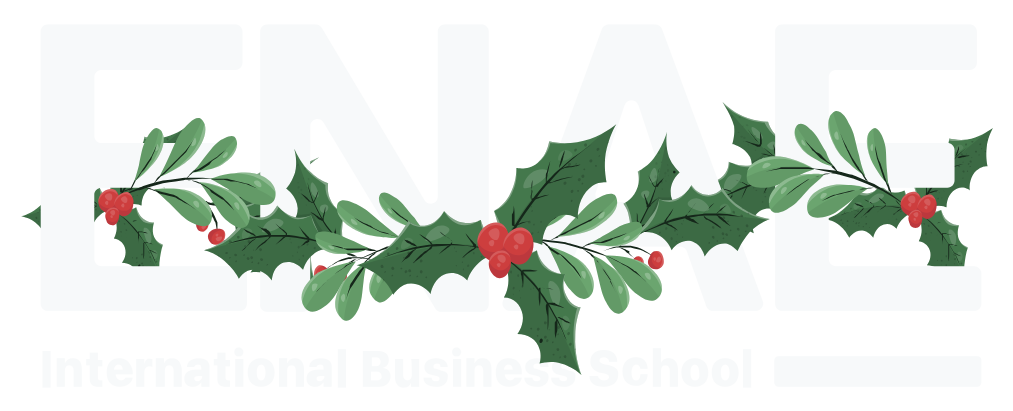GLOBAL TRANSPORT MANAGEMENT
150 horas
In an increasingly interconnected world, efficient global transport management is essential for businesses looking to optimize supply chain performance, reduce costs, and ensure timely delivery of goods across international markets. This course provides a comprehensive understanding of global logistics operations, multimodal transportation, regulatory frameworks, and the impact of emerging technologies in international transport.
Participants will explore strategic transport planning, risk management, and sustainability, gaining expertise in key areas such as freight forwarding, customs regulations, and digital logistics solutions. The course also delves into real-world case studies to help professionals make informed decisions in a competitive and rapidly evolving logistics landscape.
Discover the key modules and concepts
Fundamentals of Global Transport and Logistics
- Overview of global supply chains and trade routes.
- Understanding multimodal transport: road, rail, air, sea, and intermodal strategies.
- The role of freight forwarders, third-party logistics (3PL), and customs brokers.
Regulations, Compliance, and Risk Management in Global Transport
- International trade laws and customs procedures (Incoterms, WTO, and trade agreements).
- Risk assessment and contingency planning for transport disruptions.
- Compliance with environmental and safety regulations in global logistics.
Digital Transformation and Technology in Transport Management
- The impact of IoT, AI, and blockchain on transport visibility and security.
- Real-time tracking and smart logistics solutions.
- The rise of automated and autonomous transport systems.
Sustainable and Cost-Effective Transport Strategies
- Implementing green logistics and reducing carbon footprints in transport.
- Cost optimization techniques for international shipping and freight.
- Case studies on successful transport strategies in leading global companies.
admission process






Meet our Faculty
Our exclusive “Learn by doing” method, allows our staff to track student progress more effectively which help them to identify a student's strengths, weaknesses and requirements. Better communication takes place through our hybrid learning methodology, as students can use our different digital platforms to connect and stay in touch with teachers and peers.













